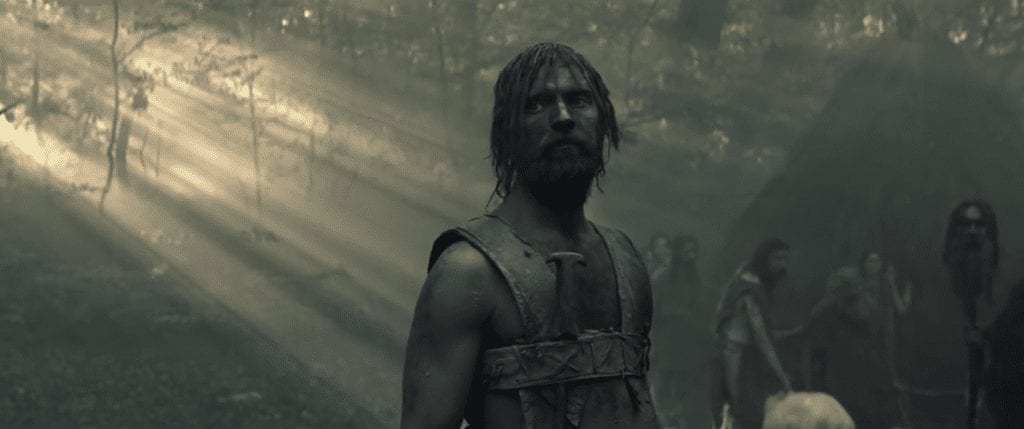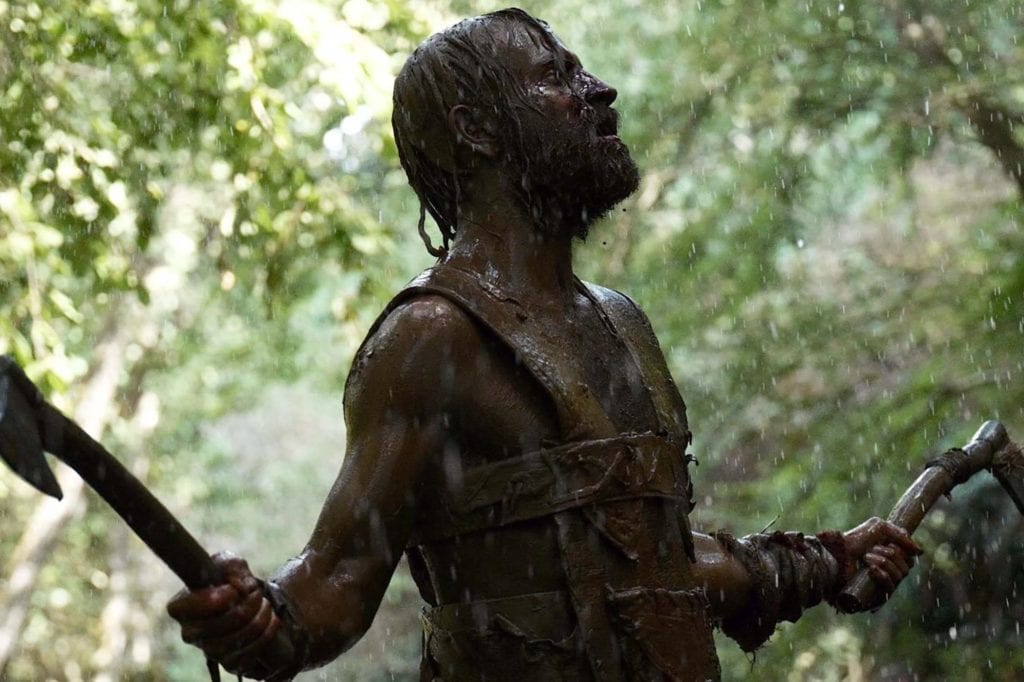
The First King brings to life the timeless tale of Romulus and Remus, two shepherds and loyal brothers, who escape capture and begin a journey that will lead one of them to become the founder of the Roman Empire, the most dominant nation history has ever seen. Searching for freedom in the midst of the unforgiving wild, Romulus and Remus both desire a new beginning? but the path to the throne lies in one?s ability to kill their own brother.
Few stories are as classic as the brother-against-brother epic of Romulus and Remus. Written and directed by Matteo Rovere, The First King brings the story to classic story to life in a way that somehow still feels fresh. Visually, the film does not shy away from the brutality of the time, depicting a world of gore and violence that remains lost and in search of leadership. However, despite its blood and gore, First King ultimately focuses its lens on the relationship of the two brothers in a way that maintains the intimacy of the conflict as opposed to the potential for mere spectacle. As a result, the film manages to keep the narrative emphasis smaller and more poignant, despite the limitless implications of its eventual outcome. In this way, The First King is not the next Braveheart but neither does it need to be. (Incidentally, the film?s more intimate focus also serves to maximize the film?s smaller budget as well.)
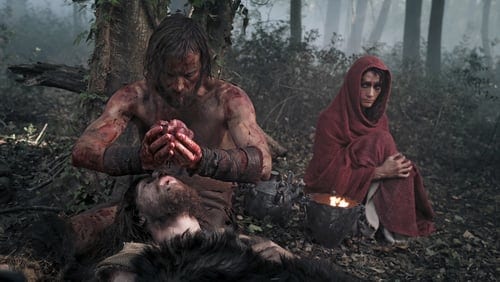
While at its heart, the film focuses on the relationship between Romulus and Remus, it is also a fascinating look at the war between love and power. For example, having claimed his role as king through a murderous rampage and believing himself to be at one with the gods, Remus seeks to conquer all of those in his path. Even so, the one obstacle standing between himself and total power is his relationship with his brother, Remus, to whom he has pledged to care for in all circumstances. For Romulus, Remus reminds him of his humanity, calling him to lead with authority as opposed to fear. Initially, there is a conflict with Romulus due to his love of his brother that brings out the best in him.
Nevertheless, rather than succumb to love and humility, Romulus becomes consumed by the desire to rule, despite his brother?s pleas. Growing in rage and power, Romulus becomes determined to become king, even at the expense of ?killing the gods? along the way. Refusing to seek spiritual counsel, Romulus proclaims himself lord over others and ignores any proposed ?will of the gods?.
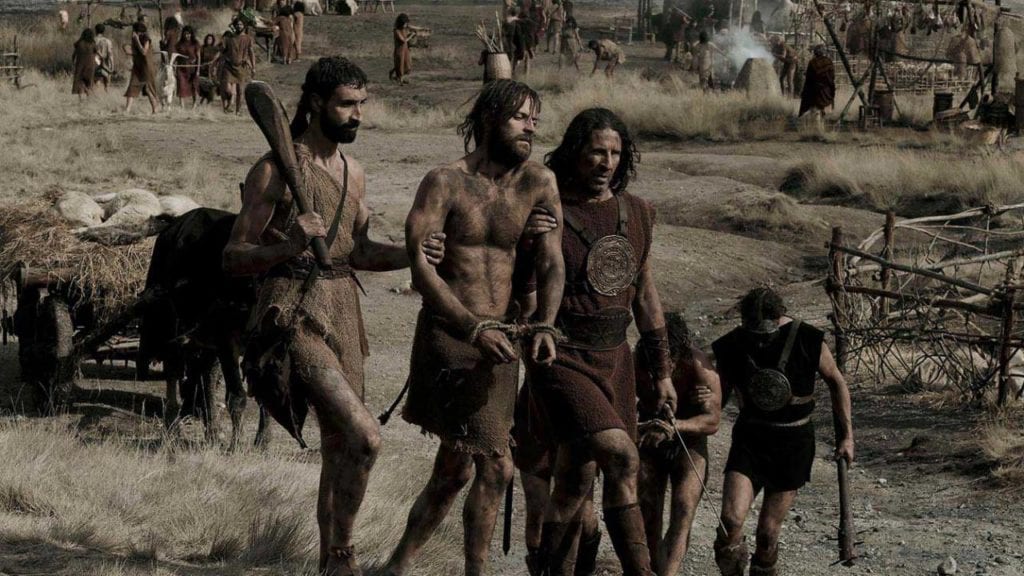
Interestingly, though Romulus eventually takes the form of villain, it is power that is held in the highest of regards in this film. In?The First King, power is a drug that leads to success, as opposed to one?s downfall. (Incidentally, given that the legend describes the birth of Rome and, subsequently, the powerful Roman Empire, this seems like an inevitable outcome.) Although, with its emphasis on power and domination, the film feels somehow outdated, despite its well-executed story. Even though there remains a humanity in Remus throughout much of the film, even he invariably gives way to the desire to dominate others. (More than this, the film also suggests that this is the way that the gods demand that true leadership is to be maintained.) As a result, in a world where authority figures remain constantly under scrutiny, a story that emphasizes the effectiveness of power without question seems highly suspect. Despite its historical root in the establishment of Rome, this tale of the two brothers warring for leadership unfortunately lacks criticism or self-awareness.?
Well-executed and thrilling to watch, The First King is a solid re-telling of a classic fable. Rather than being distracted by the potential for epic scale battle scenes, director Matteo Rovere wisely keeps the focus on the story of the brothers and the intimacy of their conflict. Even so, however, the film?s emphasis on power over love shows the outdated nature of the narrative for a world looking for a new kind of leadership.
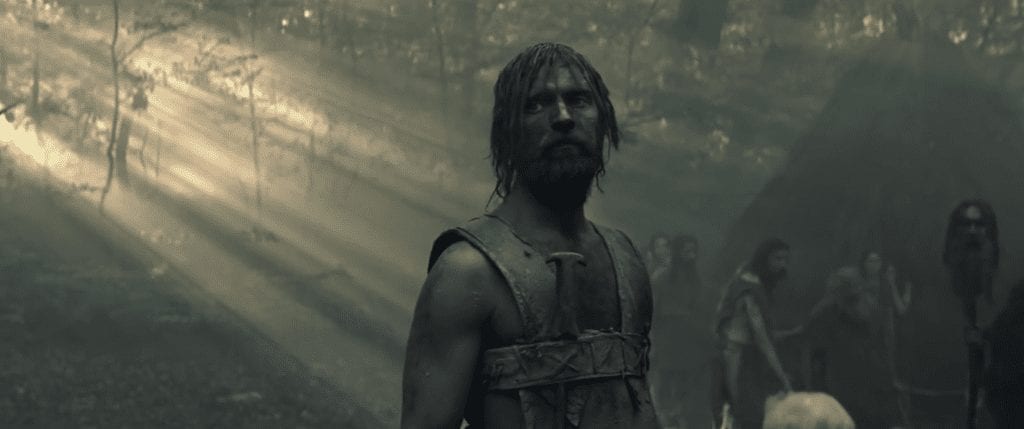
The First King begins its reign on BluRay and VOD on September 24th, 2019.

